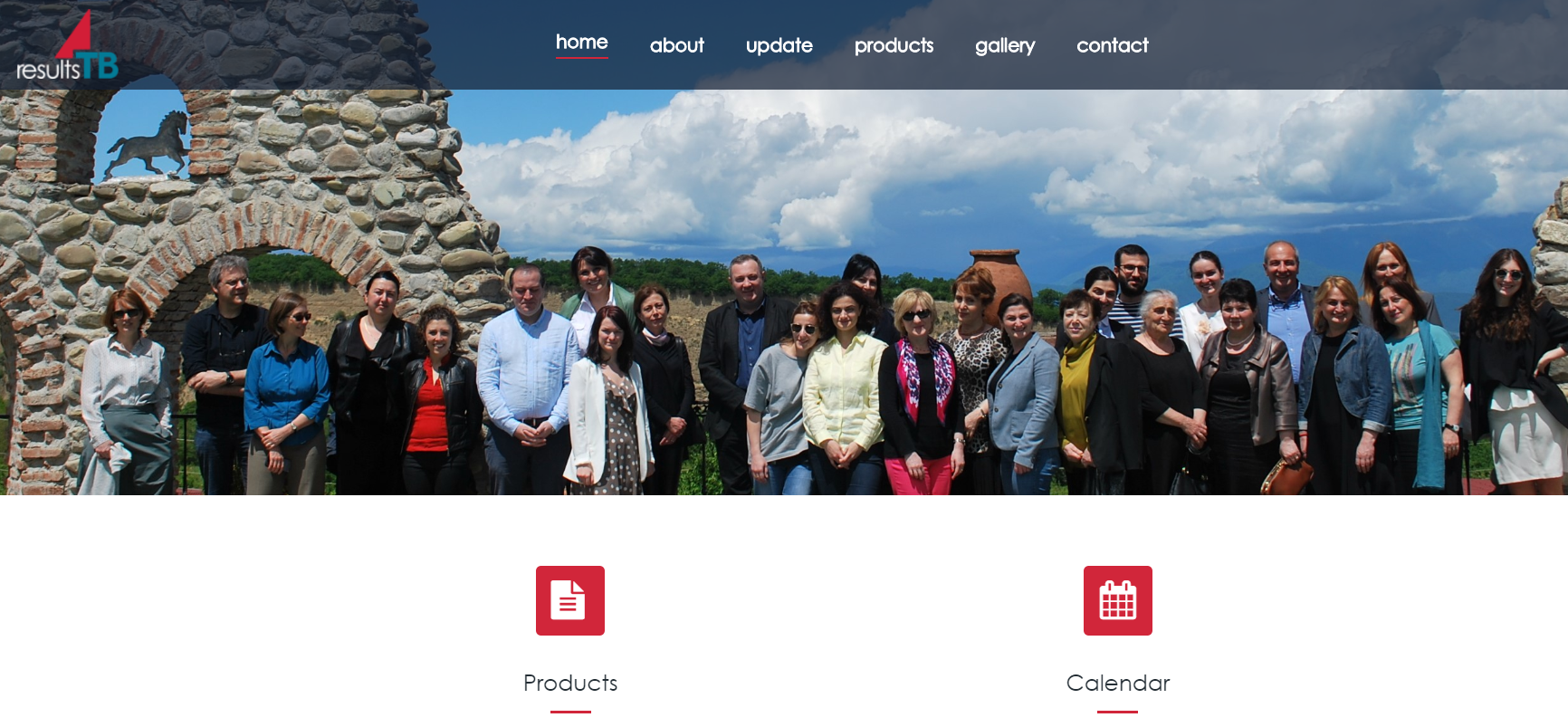General Overview
The evidence-informed decision making in health still remains a major challenge. To strengthen institutional capacity in different countries around the globe the Alliance for Health Policy and Systems Research (AHPSR) launched the new program to strengthen the capacity of local teaching/research and policy institutions in six low- and middle- income countries in each WHO region, to embed high-quality training in HPSR, target both researchers and decision makers. The Knowledge to Policy (K2P) Center at American University of Beirut is lead mentor institution who will guide 6 mentee institutions around the world, Curatio International Foundation (CIF) acts as mentee institution for the European region.
Purpose of the Program
Strengthen the capacity of researchers and policymakers and their respective institutions to support evidence-informed decision-making in health.
Expected outputs
- Institutions that have the systems, processes and the right culture to support and facilitate evidence-informed decision-making in health in LMICs
- Policymakers who recognize the role of evidence in informing different stages of the policymaking process and capacity to access, appraise and use evidence to inform decision-making in health
- Researchers who understand the policymaking process and who have the skills and competencies to provide relevant, context-sensitive and timely HPSR and evidence to inform decision-making in health.
Expected impact
- A cadre of sustainable policymaking and research/knowledge institutions that champion the use of evidence in health policymaking, and that can serve as focal mentors to develop the capacity of other institutions within their respective countries and regions (i.e., ripple effect)
- Strengthened evidence-informed decision-making in health in LMICs
- Ultimately, by promoting the use of research, evidence, and data in policymaking and practice, the program will contribute to strengthening health systems, improving population health outcomes, reducing health care expenditures, and accelerating the attainment of the sustainable development goals (SDGs)
- Establish and nurture critical links and collaborations between and researchers and policymakers
Donors and Partners
Lead partner: Knowledge to Policy (K2P) Center (American University of Beirut)
Donor: WHO, the Alliance for Health Policy and Systems Research (AHPSR)
Geographical Coverage
Georgia and Europe Region (as defined by WHO).
Project Timeline
The project started in September 2018 and will run until May 2020.
